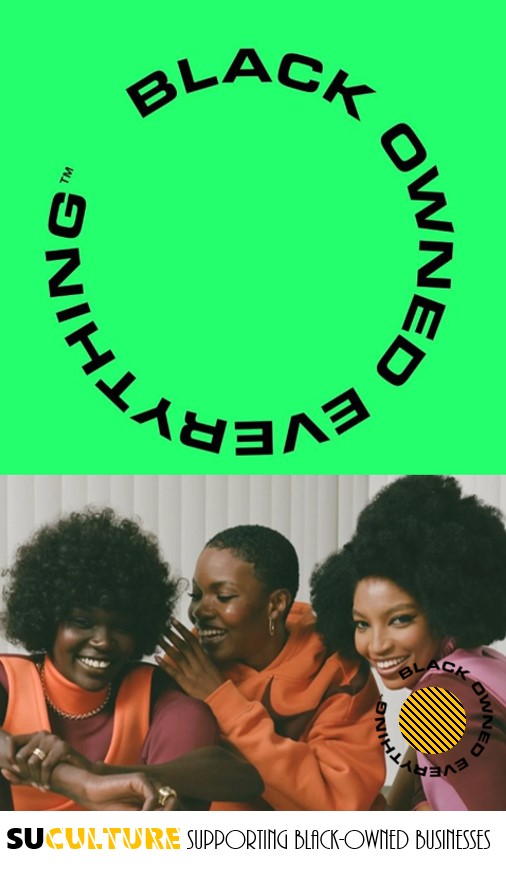-
AuthorPosts
-
-
Implications for
the Fearless Fund
lawsuit: What this
could mean for VC’s
and StartUps.

The importance of diversity in business cannot be overemphasized, and Black-owned businesses, particularly Black-owned banks, and Venture Capital [VC] firms are vital to any economy.
Venture capital creates a competitive economy that drives innovation, induces economic growth, and creates jobs. Every VC Firm or Fund has an investment thesis. Unfortunately, and sadly, the lack of funding in a broad demographic of people and ideas has led to the dearth of diversity in startup funding, particularly as regards Black-owned businesses. In the case of Black women-owned businesses this is less than one percent of the total venture capital funding in the United States.
Fearless Fund, an early-stage venture capital fund, is the first VC firm built by women of color, for women of color. Fearless Fund was created to level the equity playing field, increase participation/opportunity and close the venture capital funding gap for women, especially women of color.
The American Alliance for Equal Rights [AAER] recently filed a lawsuit against Fearless Fund, accusing the fund of violating Section 1981 of the 1866 Civil Rights Act – alleging racial discrimination in financing Black female founders. This is not the first time AAER and its founder, conservative activist Edward J. Blum, will challenge a policy that benefits minorities. Edward J. Blum and AAER recently challenged Harvard University‘s admission policy at the U.S Supreme Court that saw the end of affirmative action.
Also noteworthy are two similar cases. The first is a lawsuit challenging the Minority Business Development Agency (MBDA) as well as the capital provided by the Infrastructure Investment and Jobs Act (the Infrastructure Act); and the second is the Small Business Administration (SBA) case, filed in August 2023; both designed to significantly restrict access to funding for Black-owned businesses and entrepreneurs in the United States.
The Potential Fallouts:
Creating barriers to economic prosperity, and propagating a system of privilege for over a century has resulted in the need for demographically targeted Venture Capital funds like Fearless Fund, Serena Ventures e.t.c. What is immediately obvious is that these lawsuits are indicative of the first steps in a broader right-wing swipe at corporate DEI, ESG initiatives and responsible investing – testing the resolve of corporate and political leadership to racial, social and economic equity, post George Floyd and 2020.
The Fearless Fund Lawsuit spotlights 5 Potential fallouts for Black Female Founders, and the Industry:
1. Investor Confidence: Given the uncertain legal and social climate this lawsuit may shake investor confidence, with investors adjusting their investment strategies and duediligence processes in response to such lawsuits. Potential investors might become hesitant to invest in targeted diverse firms orsimilar startups due to concerns about legal liabilities, market uncertainty andnegative publicity.
2. Access to Capital: Black startups already face difficulties in accessing venture capital, compared to their counterparts. This could particularly affect Black women-led startups seeking investment, considering they already face additional challenges in attracting funding. This may also reinforce negative stereotypes or biases, potentially making it even harder for these startups to secure funding. Investors might be more risk-averse when considering investments in underrepresented entrepreneurs.
3. Legal Precedent: Depending on the outcome of the lawsuit, it could set a legal precedent that affects future litigation and industry practices. This could impact the long-term behavior, and policies of both venture capital firms and Black-owned startups in the industry.
4. Reputation and Public Relations: The Fearless Fund lawsuit has the potential to draw significant attention to issues relating to diversity, equity, and inclusion in the startup and investment ecosystem. This increased awareness can lead to discussions about the barriers faced by Black entrepreneurs and the need for greater representation in the tech and venture capital sectors. If handled correctly, this presents an opportunity to highlight discrimination, unequal treatment, and barriers to entry – which under scores the need for more diverse representation among investors, decision-makers, and funders.
5. Policy, Accountability and Regulatory Oversight: The Fearless Fund lawsuit will definitely arouse the attention of regulatory bodies and policymakers. If the lawsuit raises concerns about unfair practices, discrimination, or lack of transparency within the venture capital space, it might lead to increased regulatory scrutiny and potential reforms.
If the AAER succeeds in its ongoing litigation against Fearless Fund, it has the potential to establish an enduring precedent, determining and shaping the trajectory of the budding VC/startup landscape, and also impeding the various industry innovations at mitigating underrepresentation/underinvestment in venture capital.
-
The result could very well set a lasting precedent for how the entire startup ecosystem evolves, contributing to unequal opportunities and resources, as well as interrupting hard-won racial equity progress in Venture Capital.
-
-
AuthorPosts
You must be logged in to reply to this topic.









